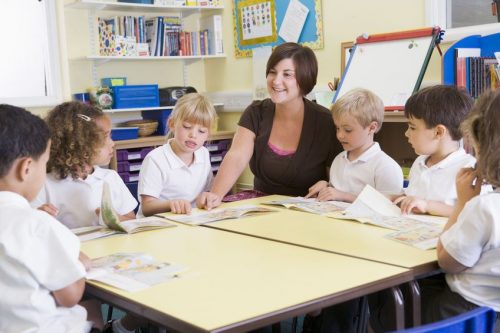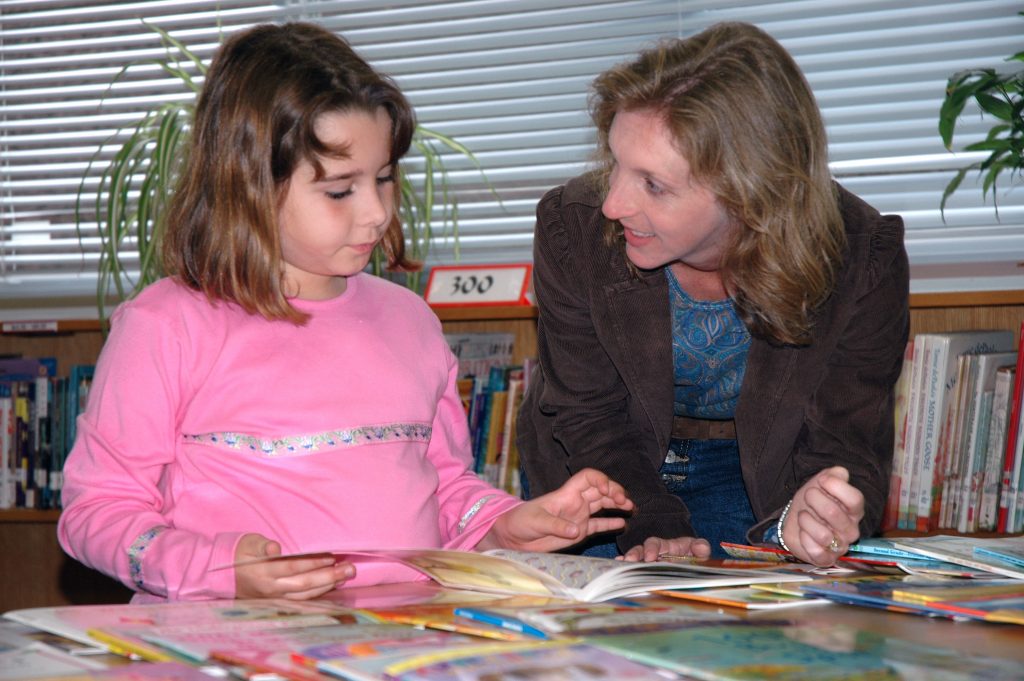The relationship between a teacher and his or her students says a lot about the character of a teacher. The best teachers are those who can maximize the learning potential and capabilities of the students, and the relationship they have towards each other is integral. Of course, this doesn’t necessarily mean that the teacher should act as if in a popularity contest. Instead, one should take the time and effort to develop a positive relationship with the students.

This student-teacher relationship provides an essential foundation for how the class operates throughout the school year. If this isn’t maintained correctly, how can you expect the students to do well in class? Fostering this relationship creates a sense of trust and cooperation within the class, motivating the students to perform better in school. This foundation sets the tone for how the school will be perceived by parents as well. Here are some tips to develop this relationship.
- Treat Your Students With Respect

Of course, respect should be given in the classroom. As a teacher and a role model, you should refrain from yelling, shaming, embarrassing, or singling students out. This sours the student-teacher relationship, and other students may even end up losing respect for you. There are more professional and constructive ways of dealing with these types of problems without being a pushover. How can the students ever respect you if you can’t do the same for them?
- Promote Equity And Fairness
Dr. Debbie Silver, Ph.D., a former Louisiana Teacher of the Year, author, and speaker said that “The foundation to all effective student management is knowing who they are (not who they should be, who they ought to be, or even who the system says they are), and purposefully building a rapport and a trust with them.” There will always be students who perform better than the rest and students who fall behind the class. These instances are caused by several factors, such as inherent IQ, socioeconomic status, or access to technology. Whatever the case may be, it is your job as a teacher to promote equity and fairness within the classroom. Don’t play favorites as this can lead to jealousy and resentment within the class. Focus on each student’s individual strengths, weaknesses, and potential.
- Listen And Give Feedback
“Classroom management is a well prepared and well-planned lesson that engages students at their level,” Dr. Lea Ann Christenson, Ph.D., Assistant Professor with the Department of Early Childhood Education at Towson University, explained. “All the rest are tricks and tools to get to that level in the classroom.” Proper feedback is essential in the classroom since it tells the teacher what is being done right and what can be improved on. It is also crucial for student’s voices to be heard so that a more profound sense of respect can be achieved in class. Take the time to discuss grading systems, assignments, projects and the like with your students. If they have any concerns regarding this, pay attention to what your students have to say. Their ideas should be just as valid as yours.
- Make Personal Student-Teacher Connections

Because there are just so many students in a class, there are times when some kids might feel left out. Reserve some time to talk to each student individually, as much as possible. This shows that the teacher takes time and effort to understand and care for each student, without exception. It is also a promising idea to show interest in the student’s extracurricular activities and encouraging them. This promotes the student’s sense of validation in and out of the class.
“Teachers play an important role in the development of children. Students who feel supported tend to be less aggressive and more prosocial, and we now have evidence that this is the case from preschool right through to adolescence,” said Dr Ingrid Obsuth, Ph.D. in a study about the impact of a positive teacher-student relationship on the adolescent well-being.